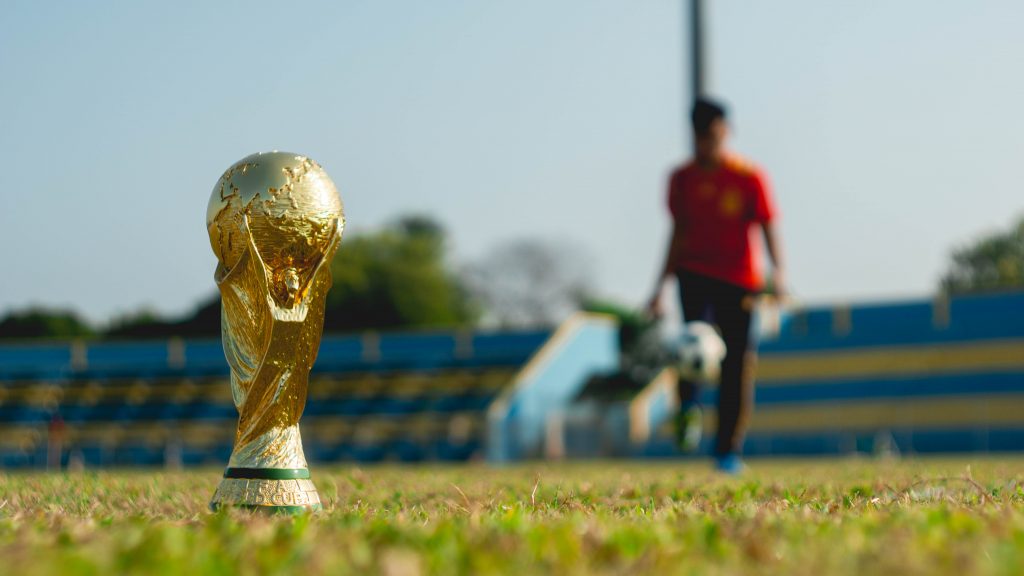The German Subjunctive – Konjunktiv II Posted by Sten on Jul 5, 2018 in Culture, Grammar, Language
On this blog, we have explained before how to use tenses in German. But we have not yet looked at a rather peculiar tense in German yet: the Konjunktiv (subjunctive mood)! It comes in two parts, Konjunktiv I and Konjunktiv II. Today, we look at number II! I will tell you what it is, how to use it and in which cases. Let’s go!
Click here for Konjunktiv I.
Answers from the Konjunktiv I test:
- Fact
- Fact
- Claim
- Claim
What is the Konjunktiv II?
Just like in the previous post, we will use the word stehen to explore the second Konjunktiv.
The Konjunktiv is a word that comes from the latin coniungere, which means “to connect”, as it connects sentences together.
We will use the verb stehen (to stand) as our example here. The regular, present tense looks like this:
ich stehe (I stand)
du stehst (you stand, sing.)
er/sie/es steht (he/she/it stands)
ihr steht (you stand, pl.)
wir stehen (we stand)
sie stehen (they stand)
When converting that to a Konjunktiv II, something interesting happens:
ich stünde/stände (I would stand)
du stündest/ständest (you would stand, sing.)
er/sie/es stünde/stände (he/she/it would stand)
wir ständen/stünden (we would stand)
ihr ständet (you would stand, pl.)
sie ständen/stünden (they would stand)
Great, but when do we use it?
Always if you wish for something or you are imagining something – it displays the unreal.
Let’s look at some examples:
Ich wünschte, die deutsche Nationalelf hätte im Spiel gegen Südkorea gewonnen.
(I wished that the German national team would have won in the game against South Korea.)
Wäre ich Bundestrainer, würde ich andere Spieler aufstellen.
(If I were national coach, I would put in different players.)
Hätte die deutsche Mannschaft gewonnen, wäre Deutschland jetzt noch in der Weltmeisterschaft.
(If the German team had won, Germany would still be in the World Cup now.)
Also, you use it to be höflich (polite) or nett (nice).
Instead of
Kannst du mir bitte die Teller reichen (Can you please give me the plates)?
You say:
Könntest du mir die Teller reichen (Could you please give me the plates)?
The same is with the versatile verb werden. Anytime that you want say “would you please…”, you can say “würdest du bitte…“. An example:
Würdest du mir bitte die Flasche Sprudelwasser geben?
(Would you please give me the bottle of sparkling water?)
A common Ausdruck (expression) is also: Wärst du/Wären Sie so nett… (Would you be so nice…) before a sentence with a Konjunktiv:
Wären Sie so nett, könnten sie mir bitte zeigen, wo die Toilette ist? (Would you be so nice, could you show me where the bathroom is?)
The same goes with the Konjunktiv of haben:
Hättest du Lust, zur Weltmeisterschaft zu fahren?
Would you like to go to the World Cup?
Hätten Sie Zeit für einen kurzen Anruf?
Would you have time for a short call?
Old German
Now, instead of using the Konjunktiv of the verbs haben (hätte…), werden (würde…) and sein (wäre…), you can also use the Konjunktiv of the word itself:
Stände sie im Feld, hätten die Frauen eine Chance auf einen Sieg gehabt.
(If she stood in the field, the women would have had a chance of a victory.)
Läge er nicht in der Sonne, hätte er sich nicht verbrannt.
(Had he not lied in the sun, he would not have burned himself.)
However, nobody uses these Konjunktiv forms anymore, because it is just easier to say:
Hätte sie im Feld gestanden, hätten die Frauen eine Chance auf einen Sieg gehabt.
Hätte er nicht in der Sonne gelegen, hätte er sich nicht verbrannt.
And that is what we do: Konjunktiv II + past perfect of a word. That also makes it a Konjunktiv II!
Below is a video that also explains all of this quite nicely:
I hope this helped explain the Konjunktiv a little for you! Let me know if there is anything you did not understand, or if you have any questions, in the comments below!

Build vocabulary, practice pronunciation, and more with Transparent Language Online. Available anytime, anywhere, on any device.





